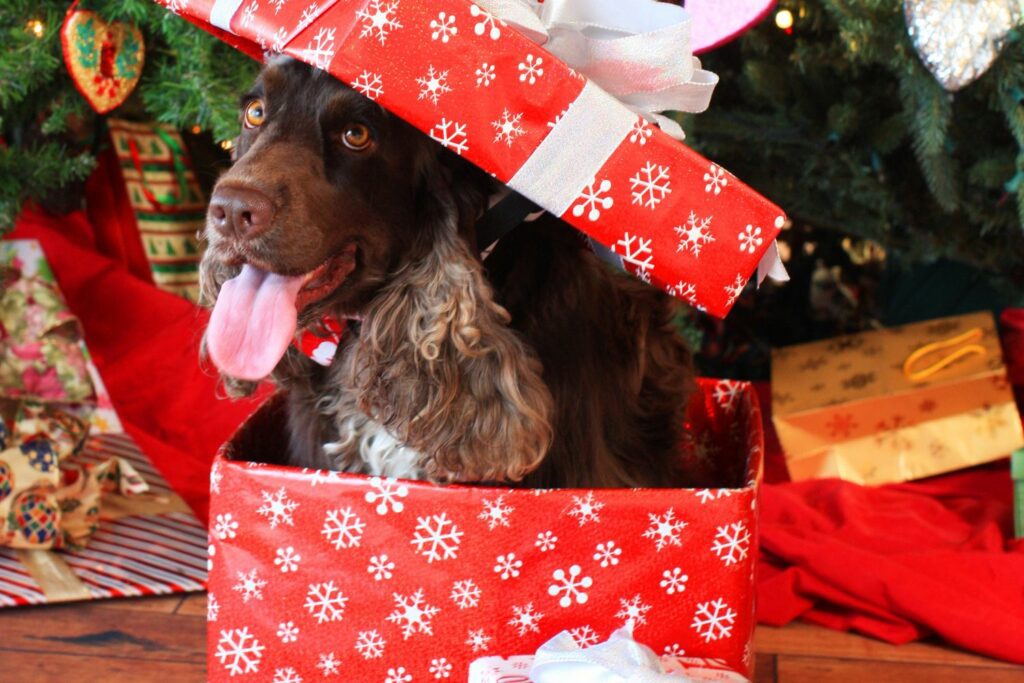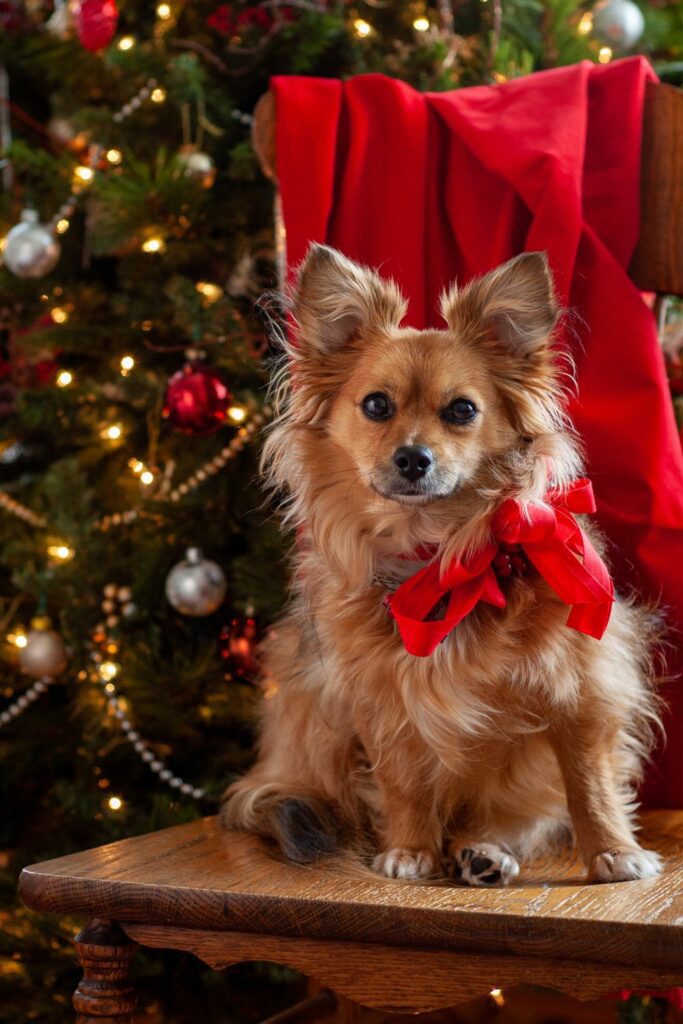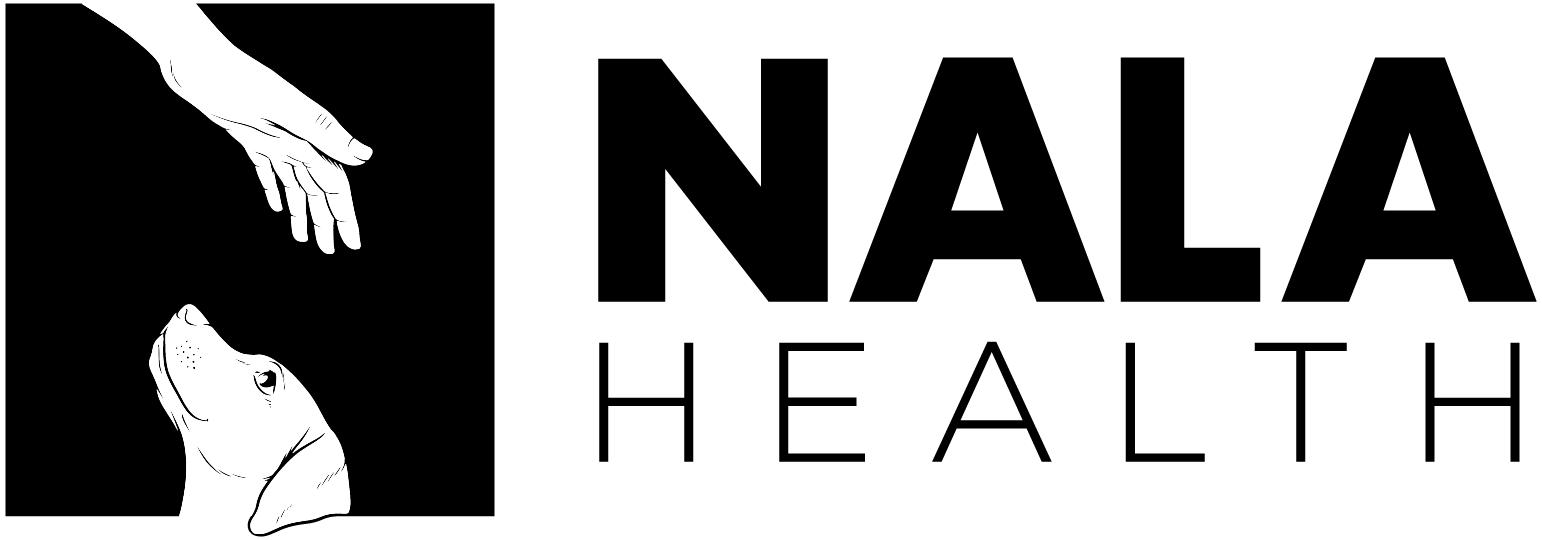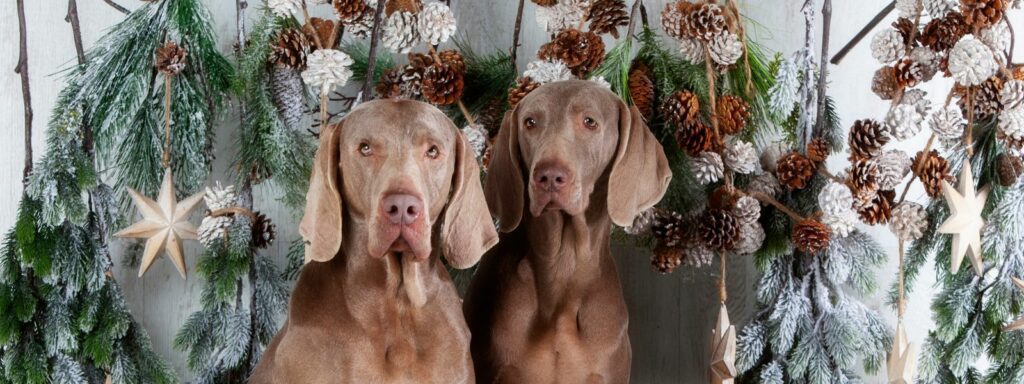Christmas leftovers to share with your dog
 Cecilie Hemsen Berg
Cecilie Hemsen Berg
During the festive season, it is tempting to share Christmas leftovers with your dog. Holiday food, however, is often greasy, covered in sauce and quite salty, so you should be mindful of the leftovers you give your dog. Salt in particular is not good for our dogs in large quantities and they already get the quantity they need through their diet. Something else that is important to note is that your dog should primarily get its daily calories from balanced and complete dog food. Both to ensure your dog gets the nutrition it needs, but also to prevent excess weight gain.

Healthy Christmas food to share with your dog
Clean, lean meat (such as turkey) and steamed vegetables such as carrots, cauliflower, green beans and potatoes are healthy Christmas leftovers for your dog. If you have oranges or apples, your dog can enjoy some healthy fruits in moderation. Berries are also healthy for the dog (blueberries, blackberries, strawberries and raspberries).
Some foods can be toxic to dogs so it is our responsibility to ensure we only give safe and healthy treats.

Christmas food the dog should not have
Unfortunately, most Christmas food is not safe for dogs to eat. Chocolate and other sweets should never be given to dogs. Put all treat bowls out of reach, and tell children that they must not share their candy with the dog. Instead, they can give healthy dog biscuits.
Pork belly, gammon and other fatty Christmas food are also off the table. Fatty Christmas food can for example increase the risk of developing inflammation of the pancreas. It can also increase the risk of obesity.
Salt, sugar, stuffing, sauce and strongly spiced food are not healthy for your dog either.
Never give your dog cooked bones, as they can easily splinter and can damage the digestive tract and intestines. Pieces of bone can also get stuck in the teeth, causing inflammation or a broken tooth. Bone is difficult to digest, so if given too many raw bones, your dog may get diarrhoea or vomit. If you want to give your dog bones, start when it is young and give only raw bones.
If your dog is given too much foreign food it will increase the risk of diarrhoea and acute stomach inflammation.
What should a dog eat daily?
Your dog should be fed a balanced diet, whether it is dry food, wet food, raw food or homemade food. It is important to note that good quality commercial dog food ensures that the nutritional needs are met in every single meal.
Too many leftovers at the expense of complete and balanced dog food can contribute to malnutrition. The leftover food should not make up more than 25% of the daily calorie requirements. Dogs need protein, some fat, some good carbohydrates and fibre as well as vitamins and minerals.
If you give leftover food, you should reduce their food portions, so that the dog does not become overweight. Consult your veterinarian to ensure your dog is receiving the best diet in the correct amounts.

